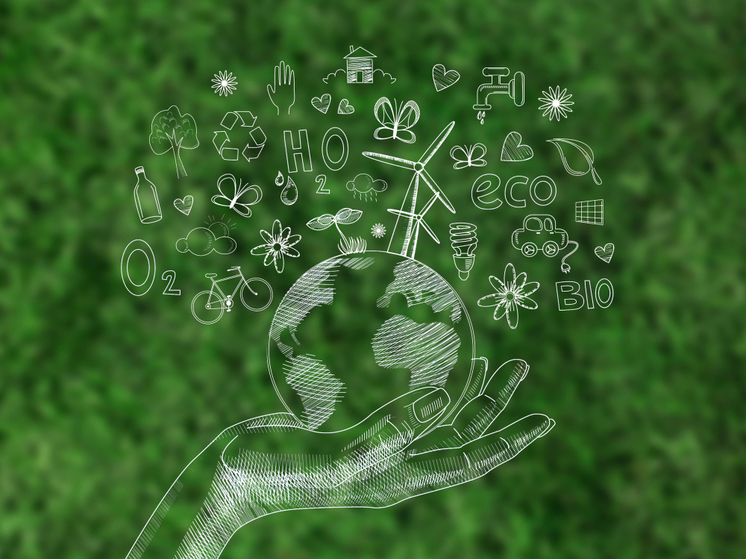Russia has approved the procedure for the creation, operation and development of the federal state information system for the state of the environment (FSIS). Its main task will be the collection and processing of data on the state of the environment, as well as forecasting and analyzing changes in its state under the influence of natural and anthropogenic factors. The decree approving the regulations on the new information resource was signed by Prime Minister Mikhail Mishustin and published on the website of the Government of the Russian Federation. The Russian Ecological Operator has been appointed as the system operator.
 Photo: freepik-ru.freepik.com
Photo: freepik-ru.freepik.com
“A new information resource will be created to collect and process data on the state of the environment. Thanks to it, we will be able to predict and analyze changes that have arisen due to natural and anthropogenic factors. It will contain information about atmospheric air, water bodies, soils and more. Separately, data will be collected on the ecosystem of Lake Baikal and permafrost areas. Not only authorities and local governments will be able to use the new resource, but also business representatives, as well as citizens of our country,” said Denis Butsaev, general director of REO.
FSIS will also include the results of state environmental monitoring, information on reducing emissions of pollutants into the atmosphere and waste management. The system is integrated with existing information resources in the field of environmental management and environmental protection. It is expected that work on the creation of the information system will take place in 2024–2025, and its launch is scheduled for March 2025.
We would like to remind you that the Russian Environmental Operator company was created by Presidential Decree on January 14, 2019. The key task of REO is to form a comprehensive system for the management of municipal solid waste (MSW) in Russia. According to the national project “Ecology”, this is necessary to reduce the volume of solid waste disposal and thereby reduce the environmental burden on the population. The goal by 2030 is to sort 100% of the volume of MSW and reduce by 50% the MSW that goes to landfills. Achieving such indicators is impossible without building a circular economy.


